Writing in USA Today, Michael O’Hanlon argues that while Trump has gotten many things wrong in relation to Ukraine, years of American policy has managed to help inflame U.S.-Russia and Ukraine-Russia ties without making life better for the people of Ukraine.
To be sure, President Donald Trump continues to get many things wrong in regard to U.S. relations with Ukraine. According to recent reporting by The Wall Street Journal and The Washington Post, among others, he still thinks that Ukrainian officials tried to help Hillary Clinton defeat him in 2016. He thinks, also without evidence, that they have protected former Vice President Joe Biden’s son Hunter from investigations into purported financial irregularities. He buys into Russian President Vladimir Putin’s ridiculous theory that Ukraine is not a “real country.” And he views Ukraine as so universally corrupt that he paints Ukraine’s new president, Volodymyr Zelensky, with this same brush of false allegations even though Zelensky was nothing more than a TV actor during the peak period of alleged Ukrainian miscreance.
All of this is unseemly and reckless — as even many critics of Congress’ impeachment investigations would agree.
Even so, there is one element of Trump’s thinking that should not be associated with the falsehoods he perpetrates, because it usefully challenges what has become a stalemated American policy toward Ukraine. According to Jeffrey Toobin in The New Yorker, President Trump realizes that attempting to seek to bring Ukraine into the Western orbit through NATO membership has been counterproductive. Indeed, that American policy, as developed by President George W. Bush and then sustained by President Barack Obama, has managed to help inflame U.S.-Russia and Ukraine-Russia ties without making life better for the people of Ukraine.
What role America plays in the conflict?
At a moral level, the poor state of relations is the fault of Putin. His petulance and brutality have led to more than 13,000 Ukrainian deaths since 2014 in the civil war in the country’s eastern Donbas region, where Russia has stoked and armed a separatist movement. But at a practical level, we share part of the blame — and we certainly need to rethink a policy that has gotten stuck.
Since the spring of 2008, the United States and the rest of NATO have promised publicly to bring Ukraine, as well as the smaller and even more remote country of Georgia, into the North Atlantic Treaty Organization. By this pledge, we would have the same obligation to defend faraway lands in eastern Europe and western Asia as to defend Germany, Canada or our own territory from hypothetical attack.
Trump’s own administration has failed to change the policy. On a trip to Georgia in 2017, for example, Vice President Mike Pence publicly repeated the pledge of eventual membership. The concept of NATO expansion, which dates to the Clinton administration, has incensed Putin — just as everyone from Soviet leader Mikhail Gorbachev, to former Sovietologist and father of “containment” doctrine George Kennan, to former Sen. Sam Nunn of Georgia to former Secretary of Defense William Perry thought it would.
In fairness to President Bill Clinton, as well as first-term George W. Bush, it was one thing when NATO expansion brought into the Western community countries like Poland, the Czech Republic and Slovakia, and even the Baltic States — whose annexation by the Soviet Union in 1940 was never recognized by Washington. But it is something else altogether to bring into NATO a former core part of the Soviet Union whose history is so closely intertwined with Russia’s own.
What’s worse, NATO promised eventual membership to Ukraine and Georgia with no timetable or action plan for how that might happen and no interim security guarantee. Completing the package of perverse incentives, NATO has also maintained its longstanding policy that, to be eligible for alliance membership, a country must have resolved territorial disputes with neighbors — no matter whose fault those disputes might be.
Taken together, this set of pronouncements has provided Russia a clear incentive to continue to stoke unrest and conflict within both Ukraine and Georgia — not to mention to seize chunks of each country, as has happened in 2008 in Georgia and since 2014 in Ukraine.
Ukraine deserves sovereignty
Of course, Putin is wrong to assert that Ukraine is “not even a country.” As my colleague and former Ambassador to Ukraine Steven Pifer points out, nothing has unified Ukrainians more in their history than Putin’s half-decade long assault on their independence and their sovereignty.
And Putin has no grounds for denying Ukraine any of its innate rights on matters such as eventual European Union association or membership. The country needs such economic relationships badly. At the end of the Cold War, Ukraine and Poland, countries with similar size populations, had about the same gross domestic product. Now, Poland’s dwarfs Ukraine’s by more than a factor of four, given how badly Kiev’s economic policies have worked ever since.
Alas, in the end, Trump has gotten much more wrong than right about Ukraine. Rather than try to help the country overcome its internal problems of corruption and economic mismanagement and its external problem of improving relations with Russia, he has attempted to bully Ukraine for personal political gain. His administration has rightly provided security assistance to the Ukrainian government. But the saga of linking that aid, even for a few months, to a Ukrainian willingness to pursue a vendetta against the Bidens is, in addition to all its other unseemly aspects, counterproductive to the reform effort. It leaves Ukraine further exposed in its problems with Russia, while sending exactly the wrong message about how state power should be wielded in a modern democracy.
All that said, we would be remiss, with all the political attention on Ukraine, if we did not also use this opportunity as a nation to rethink our overall strategic approach toward that country. A month when we commemorate the 30th anniversary of the fall of the Berlin Wall would not be a bad time to start.
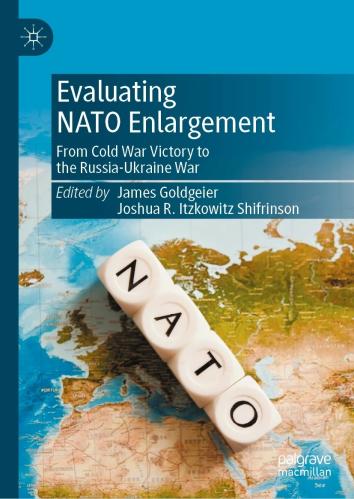

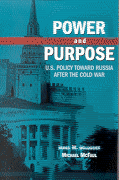
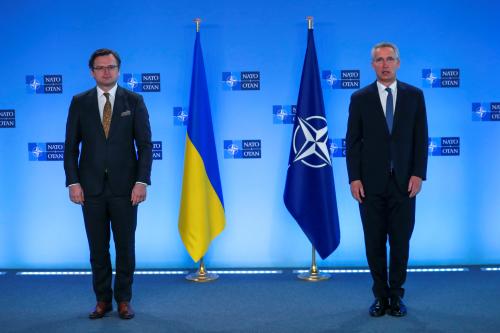
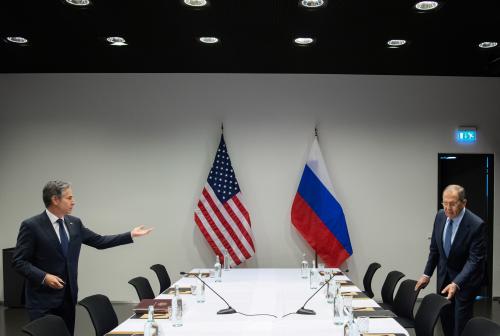


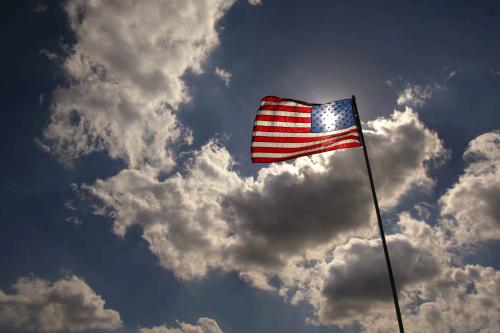

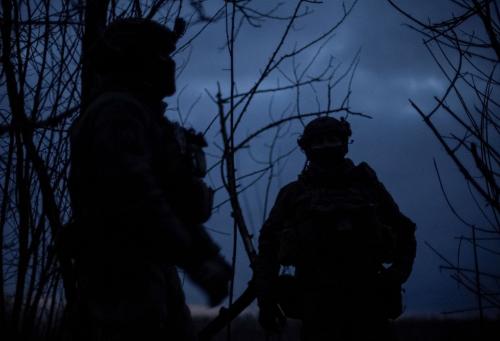
Commentary
President Trump’s instincts on Ukraine have been bad, but he’s right about one thing
November 15, 2019